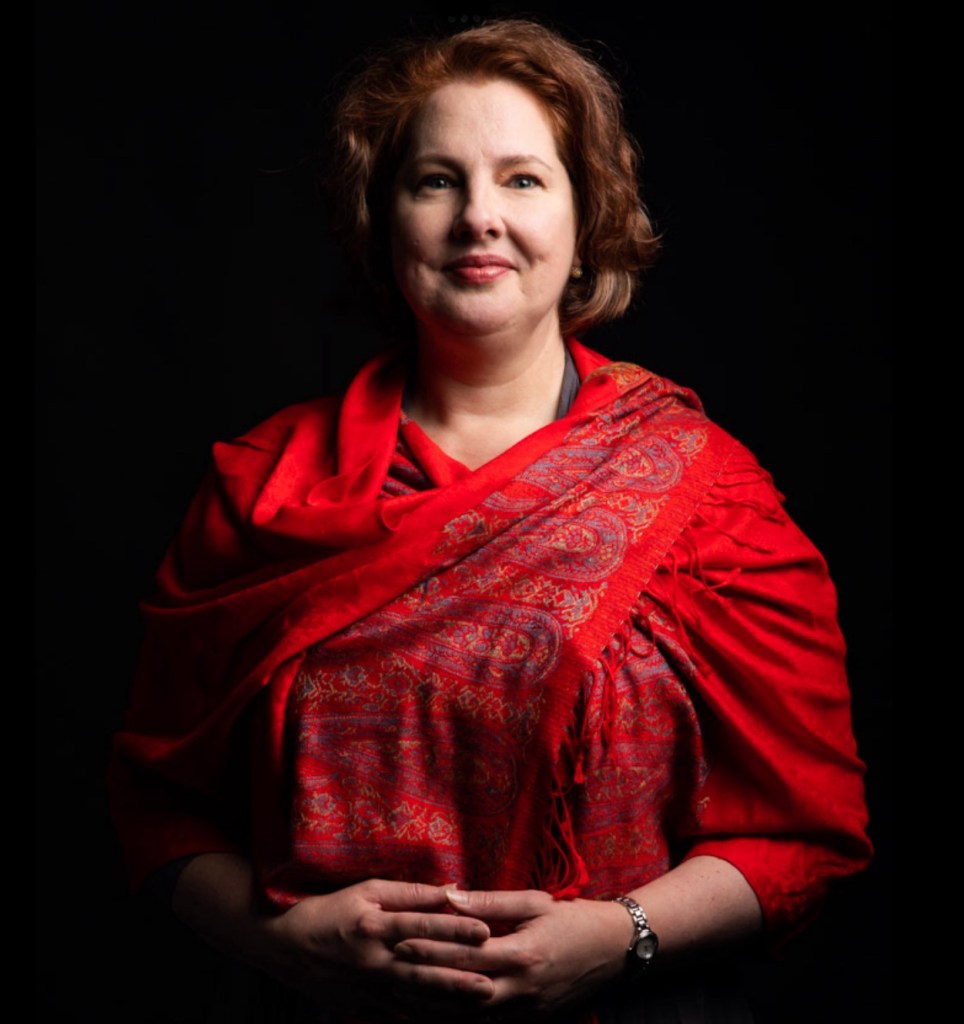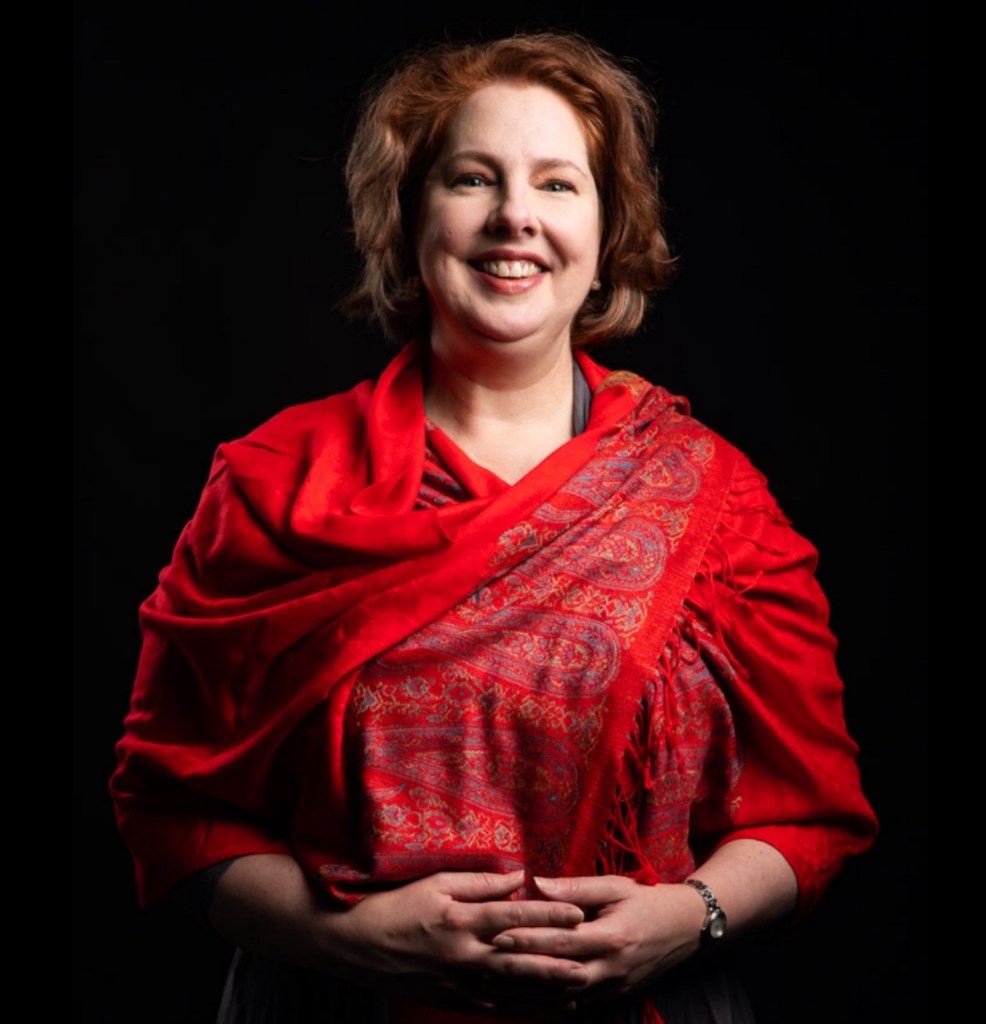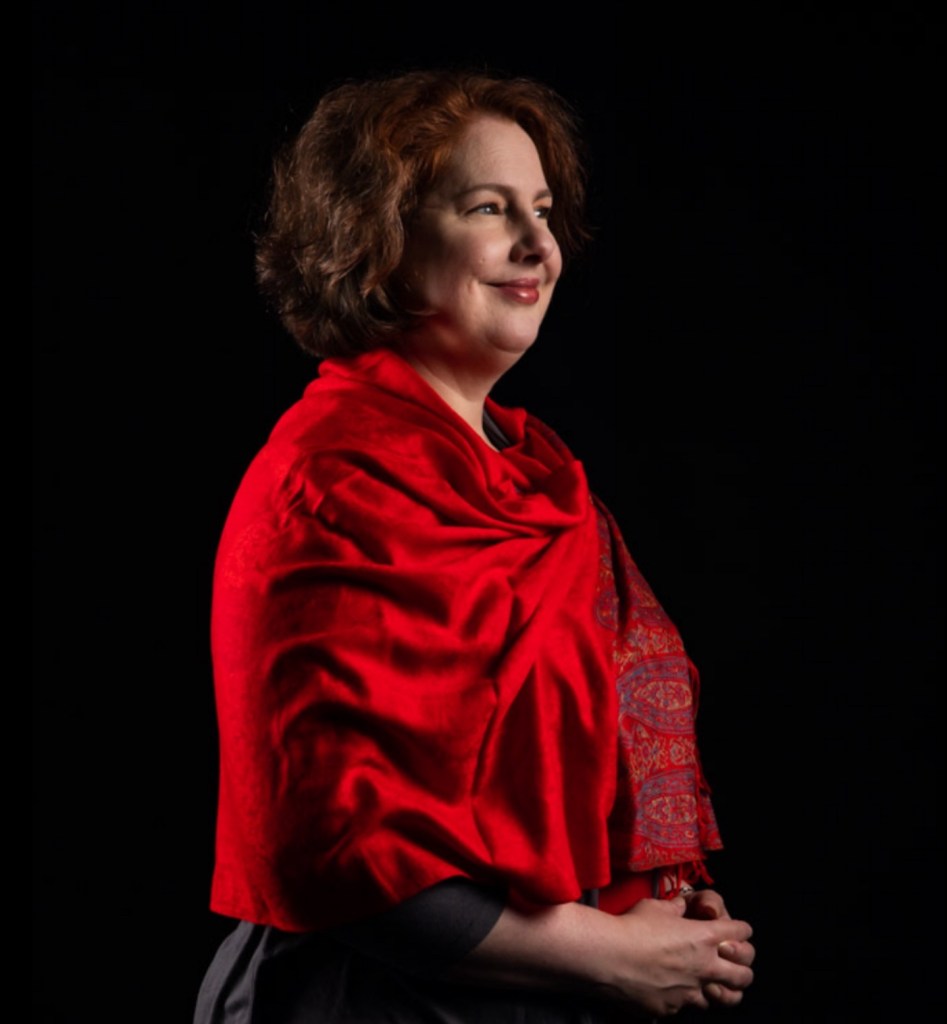Upwey Psychology
Upwey Psychology is an Integrative Health Care Practice founded in 2010 primarily to provide psychological treatment and symptom relief to children, adults and couples experiencing the negative effects of Psychological Trauma. This condition often presents as unresolving conflict with a partner in addition to signs and symptoms of Depression and or Anxiety.
Upwey Psychology, located at the foot of the Dandenong Ranges, accepts referrals from Individuals, Couples, GPs and Allied Health Practitioners. We are able to offer Medicare Rebates for treatment.
Principal Psychologist & Founder




Imogen K Salzman is a Counselling Psychologist, Nurse, Medical & Traditional Herbalist with more than 30 years of progressive experience in Mental Health treatment provision, training and service delivery in private, government and non-government agencies. She is passionate about the creation of resilience across individuals, families and communities through Integrative Medicine and collaborative Health Care Practice.
It is her vision to work towards the larger and more challenging goal of reducing the prevalence of Mental Health in Australia, particularly Psychological Trauma, and the corresponding suffering associated with a lack of widespread access to effective treatment.
Imogen has a wide range of therapeutic skills, knowledge and experience to offer with diverse academic and professional training. Imogen holds Master Degrees in Psychoanalysis, Nursing Practice and Medical Herbalism. She also has post graduate training in Drug Dependence and Psychology. She is currently completing a Professional Doctorate and PhD in Integrative Medicine.
She has previously has held roles as Clinical Associate at Swinburne University, Unit Chair at Monash University, Intern and Registrar Supervisor and Senior Counsellor. She is a Fellow of the Counselling College of the Australian Psychological Society. She has diverse experience in Policy Development and Case Management across Local and State Government Agencies. And enjoys training in Aikido when she can get to the Dojo.
Many people have questions about Psychology and what it means to be a Psychologist. Let me introduce myself by answering some of them before we meet …
Q. How long have you been a Psychologist?
I was first registered in 2000 but I have been studying psychology for much longer, since 1993.Q. Where did you study?
I studied Psychology at the University of Queensland, Psychoanalysis at Deakin University, Nursing Practice at Monash University, Medical Herbalism at the University of New England and Drug and Alcohol Dependence at Turning Point Drug and Alcohol Centre. Being a Psychologist is a commitment to learning for life. Currently I am working towards a Professional Doctorate and PhD in Integrative Medicine. I also went to Paris, after graduating, and studied French at the Sorbonne Universite.Q. How did you become a Psychologist?
I completed what is called a Supervision Registration Program. This means I fulfilled the academic requirements of undergraduate training, an Honours Degree in Psychology, then trained under a Senior Psychologist for two years to meet the standard required by the Psychology Board of Australia to practice independently. During this time I worked for the Department of Health & Human Services.Q. Where have you worked?
Psychologists work in many settings and are most known for providing counselling. I have worked for Eastern Health in their Drug and Alcohol Treatment Service providing Counselling to Individuals, Family and Friends dealing with or trying to support someone dealing with Drug or Alcohol Dependence. I have also worked for Monash University teaching counselling to post graduate students and provided supervision to Provisional Psychologists. Since Medicare made Psychological Support available, I have been offering counselling to people who want to see a Psychologist.Q. What does it mean to be a Counselling Psychologist?
Psychologists, like Medical Practitioners, can become Specialists in a particular area. Clinical Psychologists have specialised in the area of Clinical Psychology. Education & Developmental Psychologists specialise in the area of childhood learning and developmental disorders. I specialised in the area of Counselling Psychology. This means I have special skills in providing a wide variety of evidence-based techniques and therapeutic approaches that are tailored to meet the specific needs and circumstances of children, adults, couples and families.Counselling Psychologists commonly work with issues such as grief and loss, significant life transitions, developmental issues, relationship difficulties, domestic violence, sexual abuse/assault, trauma, maintaining healthy lifestyles, vocational assessment and career development. Counselling Psychology includes the prevention, assessment, diagnosis and treatment of mental health disorders such as anxiety, depression, substance abuse and more complex presentations such as post traumatic stress disorder and personality disorders. I am a Fellow of the Counselling College of the Australian Psychological Society and have a Counselling Endorsement with the Psychology Board of Australia.
Q. Do you belong to any Professional Associations?
I am a Member of the Australian Psychological Society, the Australian Nursing & Midwifery Federation, the Australian Natural Therapists Association and the Naturopaths & Herbalists Association of Australia. Membership with these organizations demonstrates my commitment to ongoing professional development, maintaining an ethical code and high standard of practice. Membership with these organizations requires ongoing learning and evolution of therapeutic skills and knowledge.Q. Why did you want to become a Psychologist?
Initially, I was led to Psychology, like many young people, because I was curious about human beings and myself. I wanted to understand more about why people do the things they do. Subsequently I noticed the world around me change rapidly with the increase in technology and I watched the incidence of psychological distress rise. The relationship people have with themselves, each other and the world around them changed very quickly and many have found it difficult keeping up with the pace of change and increasing complexity negotiating the demands of everyday life. I wanted to work directly with the process of change and as much as possible, facilitate transformation.
